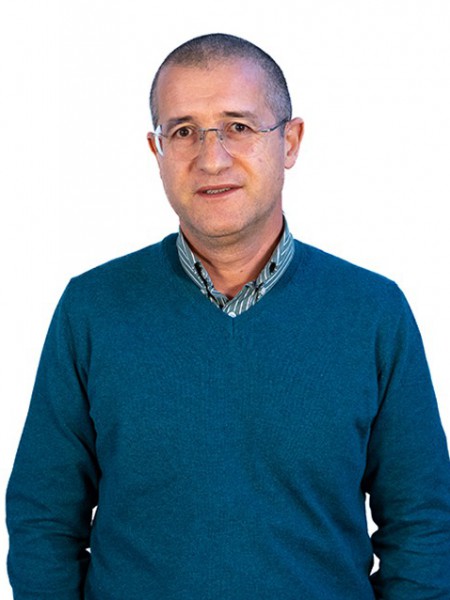resumo
This work contributes to the development of integrated lignocellulosic-based biorefineries by the pioneering exploitation of hardwood xylans by solubilization and extraction in deep eutectic solvents (DES). DES formed by choline chloride and urea or acetic acid were initially evaluated as solvents for commercial xylan as a model compound. The effects of temperature, molar ratio, and concentration of the DES aqueous solutions were evaluated and optimized by using a response surface methodology. The results obtained demonstrated the potential of these solvents, with 328.23g L-1 of xylan solubilization using 66.7 wt% DES in water at 80 degrees C. Furthermore, xylans could be recovered by precipitation from the DES aqueous media in yields above 90%. The detailed characterization of the xylans recovered after solubilization in aqueous DES demonstrated that 4-O-methyl groups were eliminated from the 4-O-methylglucuronic acids moieties and uronic acids (15%) were cleaved from the xylan backbone during this process. The similar M-w values of both pristine and recovered xylans confirmed the success of the reported procedure. DES recovery in four additional extraction cycles was also demonstrated. Finally, the successful extraction of xylans from Eucalyptus globulus wood by using aqueous solutions of DES was demonstrated.
palavras-chave
LIGNOCELLULOSIC BIOMASS; IONIC LIQUIDS; KRAFT PULP; EXTRACTION; WOOD; OIL; HEMICELLULOSES; VALORIZATION; CHEMICALS; CHLORIDE
categoria
Chemistry; Science & Technology - Other Topics
autores
Morais, ES; Mendonca, PV; Coelho, JFJ; Freire, MG; Freire, CSR; Coutinho, JP; Silvestre, AJD
nossos autores
Grupos
G4 - Materiais Renováveis e Economia Circular
G5 - Materiais Biomiméticos, Biológicos e Vivos
Projectos
CICECO - Aveiro Institute of Materials (UID/CTM/50011/2013)
Igy Technology: A Purication Platform using Ionic-Liquid-Based Aqueous Biphasic Systems (IGYPURTECH)
agradecimentos
This work was developed in the scope of the project CICECO-Aveiro Institute of Materials (Ref. FCT UID/CTM/50011/2013), financed by national funds through the FCT/MEC and co-financed by FEDER under the PT2020 Partnership Agreement. The research leading to the reported results has received funding from Fundacao para a Ciencia e Tecnologia FCT through the projects Deep-Biorefinery (PTDC/AGR-TEC/1191/2014) and MultiBiorefinery (POCI-01-0145-FEDER-016403) and through C. Freire Researcher contract (IF/01407/2012), and from the European Research Council under the European Union's Seventh Framework Programme (FP7/2007-2013)/ERC grant agreement no. 337753.






